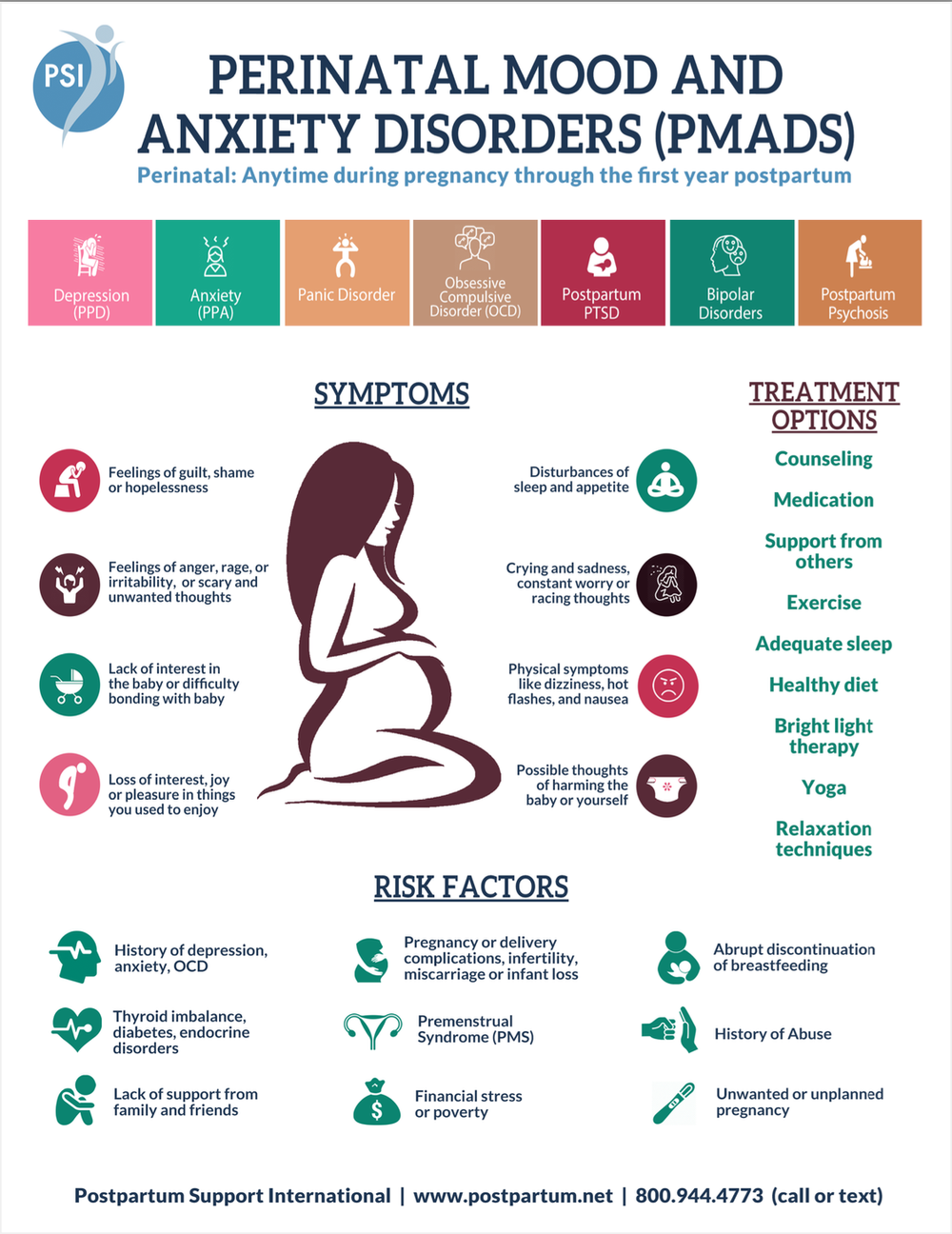Perinatal mental health, which focuses on the well-being of expectant and new parents, plays a crucial role in overall wellness. Research suggests that up to 20% of women experience perinatal mood and anxiety disorders (PMADs) either during pregnancy or within the first year after giving birth. These disorders encompass various conditions, such as postpartum depression, anxiety, and postpartum psychosis.
Recognizing the signs and symptoms of PMADs, including mood fluctuations, persistent worry, and challenges in bonding with the baby, is crucial for individuals and their support network. Engaging in counseling can have a profound positive impact on both the mother and the child.
It offers a safe environment for new parents to process their emotions, develop effective coping mechanisms, and receive evidence-based interventions to nurture their mental well-being during this vulnerable period. Early intervention and support are instrumental in promoting the overall welfare of mothers and their families.
Our clinicians who offer Perinatal Mental Health services
 Cristy Connolly, Licensed Professional Counselor
Cristy Connolly, Licensed Professional Counselor
Things aren’t right. You grapple with profound sadness, nightmares, and a feeling of dread when contemplating past events. Despite attempts at improvement, your situation remains stagnant. Your social life is struggling and relationships are strenuous. It feels like no one understands and things just stay the same year after year. You have aspirations and goals for the future yet are uncertain about how to navigate past your history. I can provide insights into the brain differences associated with trauma, depression, and anxiety, and offer explanations for the emotions you are experiencing.
I can also help new parents struggling with mental health. Research suggests that up to 20% of women experience perinatal mood and anxiety disorders (PMADs) either during pregnancy or within the first year after giving birth. These disorders encompass various conditions, such as postpartum depression, anxiety, and postpartum psychosis. I can help you heal and adjust.
We can develop coping strategies and address any past traumas. This may seem daunting, but as someone who has also faced significant trauma, I am well-equipped to support you in your journey towards healing and a more fulfilling life. Instead of merely surviving, you can learn to thrive and look forward to each day.
The counseling process is greatly influenced by our relationship. It is crucial for us to establish a foundation of trust. Once this has been established, we can begin working. I employ evidence-based methods such as EMDR, CBT, DBT, and narrative therapy to help clients heal from trauma and cope with anxiety and depression. Contact me to learn more.
 Amy Mertz, M.A. LPC
Amy Mertz, M.A. LPC
Amy is a Licensed Professional Counselor. She obtained her Masters in Mental Health Counseling from Asbury Theological Seminary in Wilmore, KY. A Boerne native, she is excited to be back serving those in her hometown and surrounding areas. Throughout her internship, Amy worked with a variety of issues with college-age and young adult clients including anxiety, depression, chronic illness, trauma and adjustment disorders.
Amy’s experience also includes working at a substance abuse residential treatment facility with adolescent females suffering from substance use disorders and co-occurring mental health disorders, providing individual therapy, family therapy, group therapy and crisis intervention.
Amy’s therapy approach includes using Cognitive Behavioral Therapy (CBT), Acceptance and Commitment Therapy (ACT), Mindfulness and Eye Movement Desensitization and Reprocessing (EMDR) as her main treatment modalities. Amy takes a trauma-informed approach to all clients while utilizing the wisdom each of the above modalities has to offer based on individual client needs.
She has a special interest in working with clients suffering from Post-Traumatic Stress Disorder (PTSD), survivors of sexual trauma, anxiety, codependency and life transitions/adjustments. She has also completed a certificate course in Perinatal Mental Health and enjoys working with women suffering from the challenges that come along with pregnancy and postpartum, as well as diagnosed perinatal mental health disorders.
Amy’s main goal in therapy is to provide hope to her clients. Specifically, hope that despite life’s continual difficult circumstances, joy, contentment and thriving can still be found. Amy feels honored to walk alongside people in the most difficult times of their life to be there to listen, provide evidence-based therapeutic interventions and unconditional support.



